Things are changing in the world of mental health. It may have taken a while, but things are really changing! And for the better too. Not only is the stigma dying down, thank God! But it is also becoming more apparent that there are things we can do, actions we can take, and tangible tools we can use in our individual lives to improve our mental health.
These tangible tools can be used to help reduce and manage symptoms related to anxiety, depression, and other mental illnesses.
If these tools are used regularly and consistently, you can be sure to see a positive difference in both how you feel and respond to certain situations.
There are a lot of different tools you can use to manage your mental health symptoms. However, I have come up with four MUST HAVE mental health items that I, as a psychotherapist, believe are necessary for every household, car, and even your travel bag.
I think everyone should have access to these items, as each of these items helps to reduce anxiety, ease stress, and regulate overwhelming emotions.
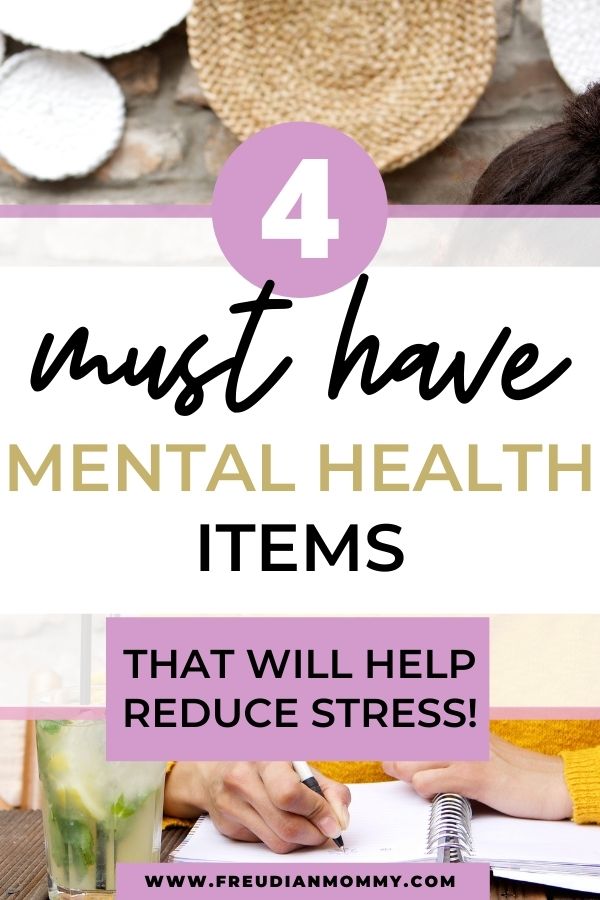
*This post contains affiliate links, at no additional cost to you I am compensated if you purchase after clicking on the links.
4 MUST HAVE Mental Health Items!
1. Journal
I cannot emphasize enough the importance of keeping a journal. One of the most important reasons why a journal is essential is that it helps you see the progress you are making as an individual. In the journaling process, you can see who were and who you have become.
Another important aspect of journaling is that it helps you explore your emotions and what triggers those emotions. A journal shows you a noticeable pattern in your behavior, which can then motivate you to make the changes you want to see.
Unprocessed emotions affect your mental health and, eventually, your overall health. Journaling helps you to process and understand your daily experiences and the feelings attached to those experiences.
Likewise, journaling encourages you to overcome difficult and stressful experiences as well as negative emotions.
If you’re looking for journal ideas, here are some of my favorite options to try:
- Present, Not Perfect: A Journal for Slowing Down, Letting Go, and Loving Who You Are
- Wreck This Journal
- Soul Therapy: A 365 day journal for self exploration, healing and reflection
- Burn After Writing
- The Self-Love Workbook: A Life-Changing Guide to Boost Self-Esteem, Recognize Your Worth and Find Genuine Happiness
2. Sensory Fidget Toys
Sensory toys are for both adults and children. These toys help to reduce and release stress and anxiety.
I recommend them for people with high stress and anxiety levels, and OCD, people who get bored quickly, and children with ADD and ADHD.
These toys can be taken to school, church, office, and be used in the classroom. There are also suitable for when you travel; they keep your mind and hands busy for a long time.
I especially like this bundle because each fidget toy is made from non-toxic materials safe for children.
If you’re looking for fidget toy ideas, check out these other options:
- 46 Pack Sensory Fidget Toys Set with Gift Box, Stress Relief and Anti-Anxiety Bulk for Kids Teens and Adults
- 30 Pack Fidget Toys Set, MIBOTE Sensory Toys Bundle for Kids/Adults Stress Relief and Anti-Anxiety
- 42 Pcs Sensory Fidget Toys Set, Stress Relief and Anti-Anxiety Tools Bundle Toys Assortment
3. Adult Coloring Book
Coloring books are not just for children. Coloring can help to reduce stress and anxiety. One study published in the Art Therapy: Journal of the American Art Therapy Association supports that coloring mandalas or geometric patterns help lower stress and anxiety levels.
Coloring can help you overcome negative thoughts and other overwhelming emotions by focusing on the here and now, also known as mindfulness.
If you struggle with flashbacks resulting from Post-traumatic Stress Disorder, coloring is a great way to help you stay focus on the present moment.
If you’re looking for adult coloring book ideas, check out these options:
- Adult Coloring Book : Stress Relieving Designs Animals, Mandalas, Flowers, Paisley Patterns And So Much More: Coloring Book For Adults
- Coloring Book For Adults: 100 Mandalas: Stress Relieving Mandala Designs for Adults Relaxation
- World of Flowers: A Coloring Book and Floral Adventure
- Baby Animals Coloring Book: An Adult Coloring Book Featuring Super Cute and Adorable Baby Woodland Animals for Stress Relief and Relaxation Vol. I
- Adult Coloring Book: Stress Relieving Patterns
- Adult Coloring Book for Good Vibes: Live Laugh Love Motivational and Inspirational Sayings Coloring Book for Adults
4. Essential Oil defuser
If you find it difficult to relax and calm down at the end of a long day, essential oils can be used to help you achieve that goal.
There are many known benefits to using essential oils. A few of the widely known benefits are improving sleep, reducing stress and anxiety levels, and helping your mind and body calm down and relax.
If you need Diffuser & Essential Oils ideas, check out these resources:
- Ultimate Aromatherapy Diffuser & Essential Oil Set
- InnoGear Essential Oil Diffuser, Upgraded Diffusers for Essential Oils Aromatherapy Diffuser Cool Mist Humidifier
- VicTsing 500ml Essential Oil Diffuser with Oils, Aromatherapy Diffuser with Essential Oil Set
- Essential Oil Diffuser Set, Anjou 300ml Ultrasonic Aromatherapy Diffuser with 12 Plant Upgrated Essential Oils Air Purifier Humidifiers 8 Modes
Your mental health is a priority
Stigma or no stigma, your mental health is a priority. It is essential to utilize tools available to you that will help you succeed in that area.
In the mental health world, we see the repercussions of a lack of attention to basic mental health needs. Our waiting lists for psychotherapy and other mental health services are sometimes months-long. And from the looks of it, it’s not going to get any better anytime soon.
So, in the meantime, do what you can to preserve your mental health, which can affect your overall health in the long run.

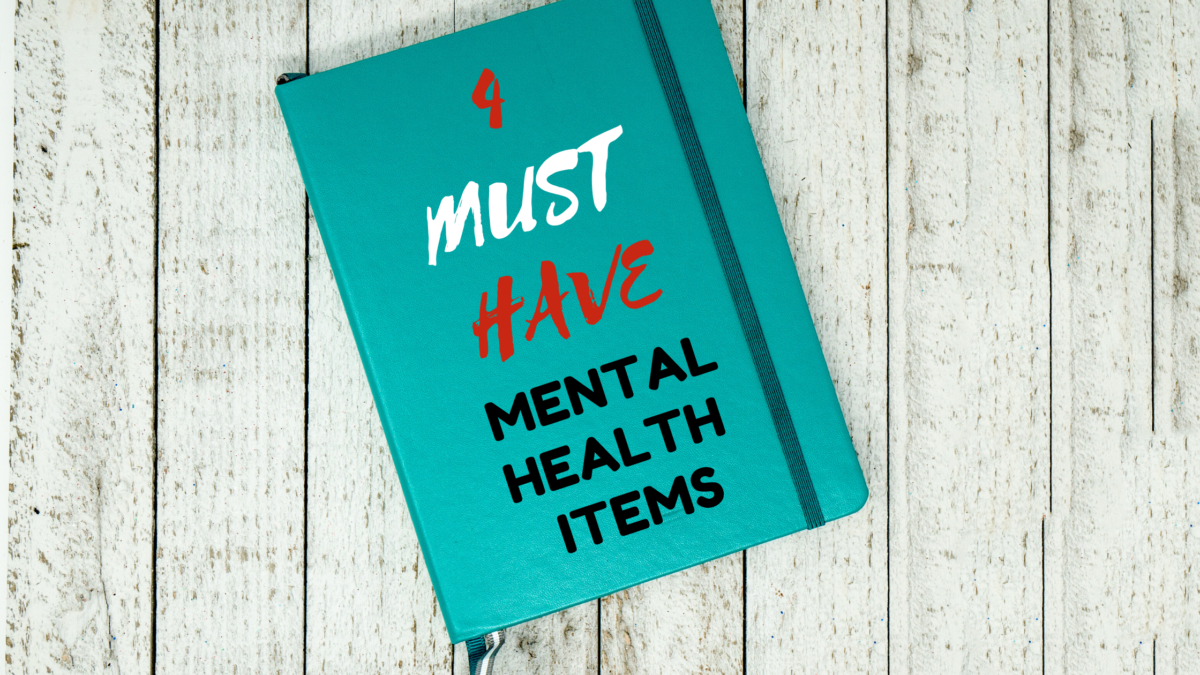
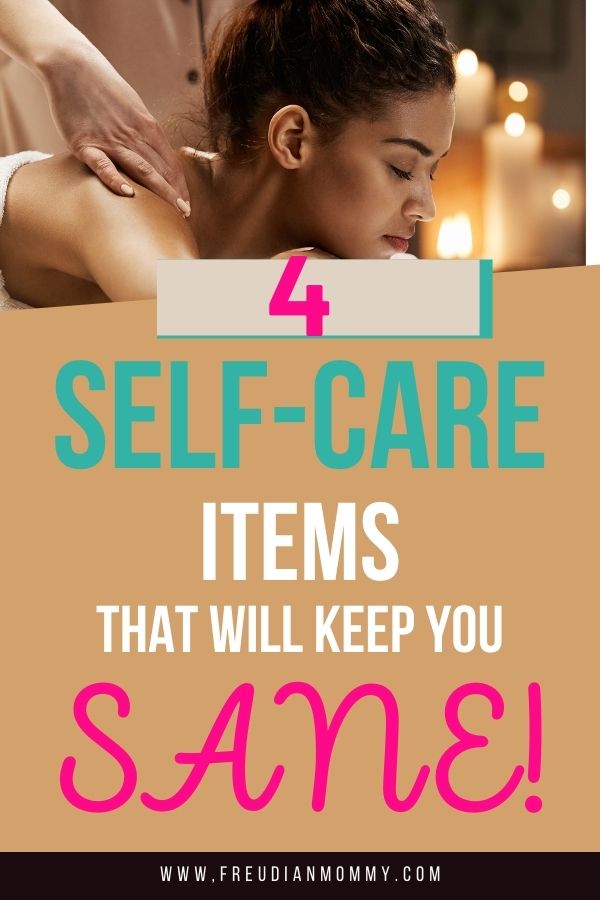
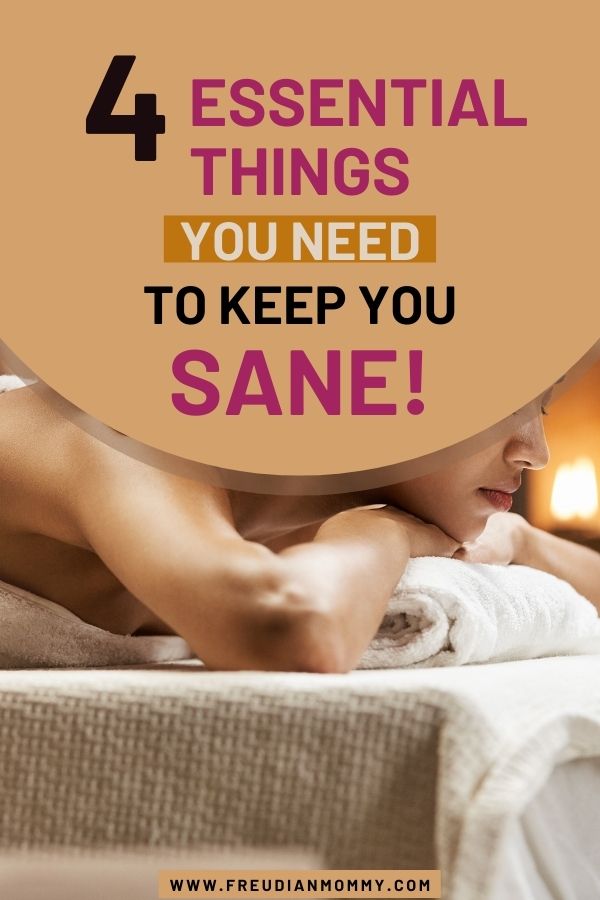
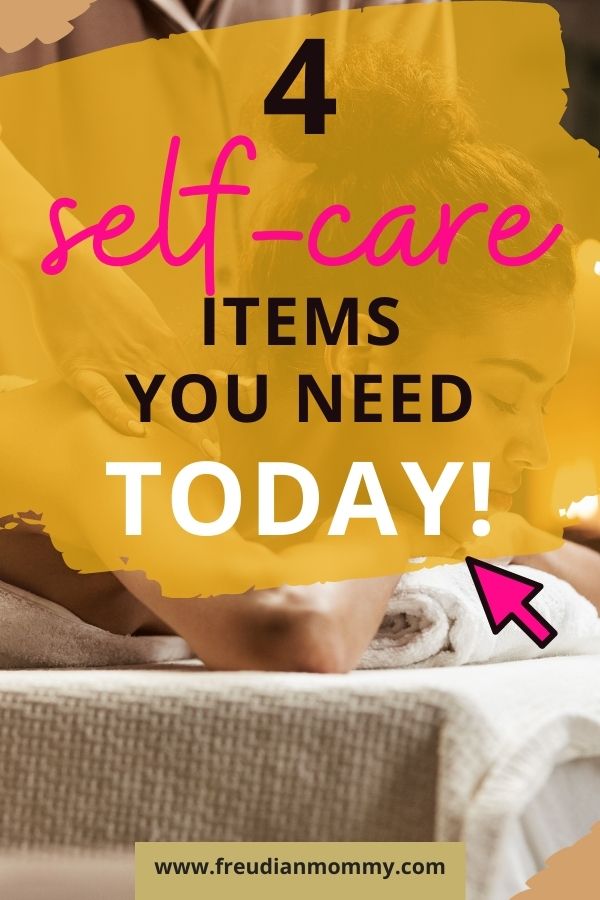
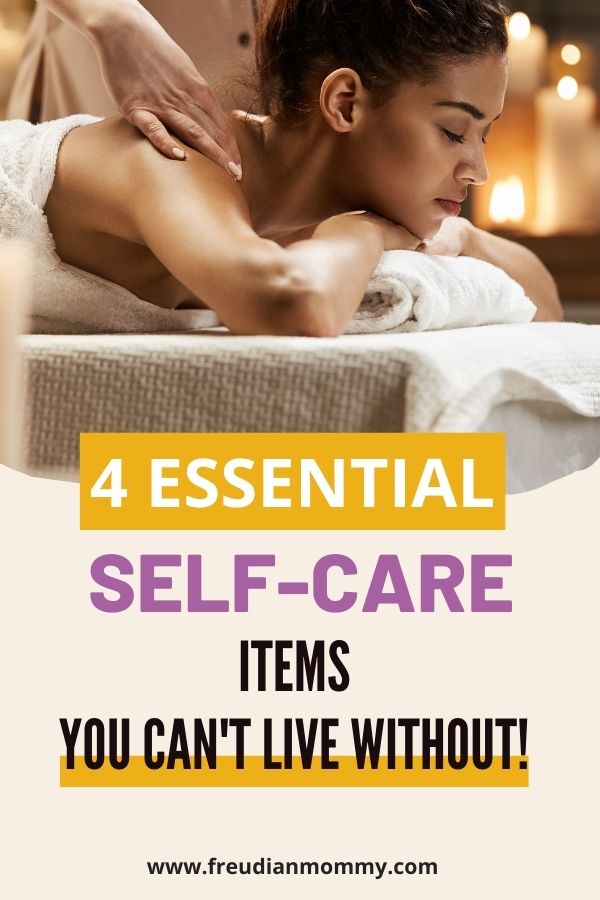
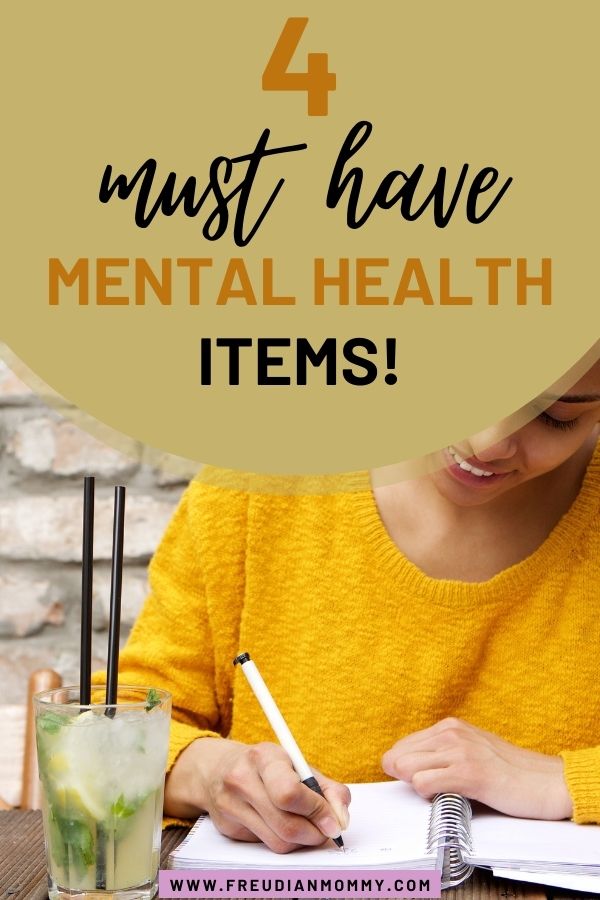



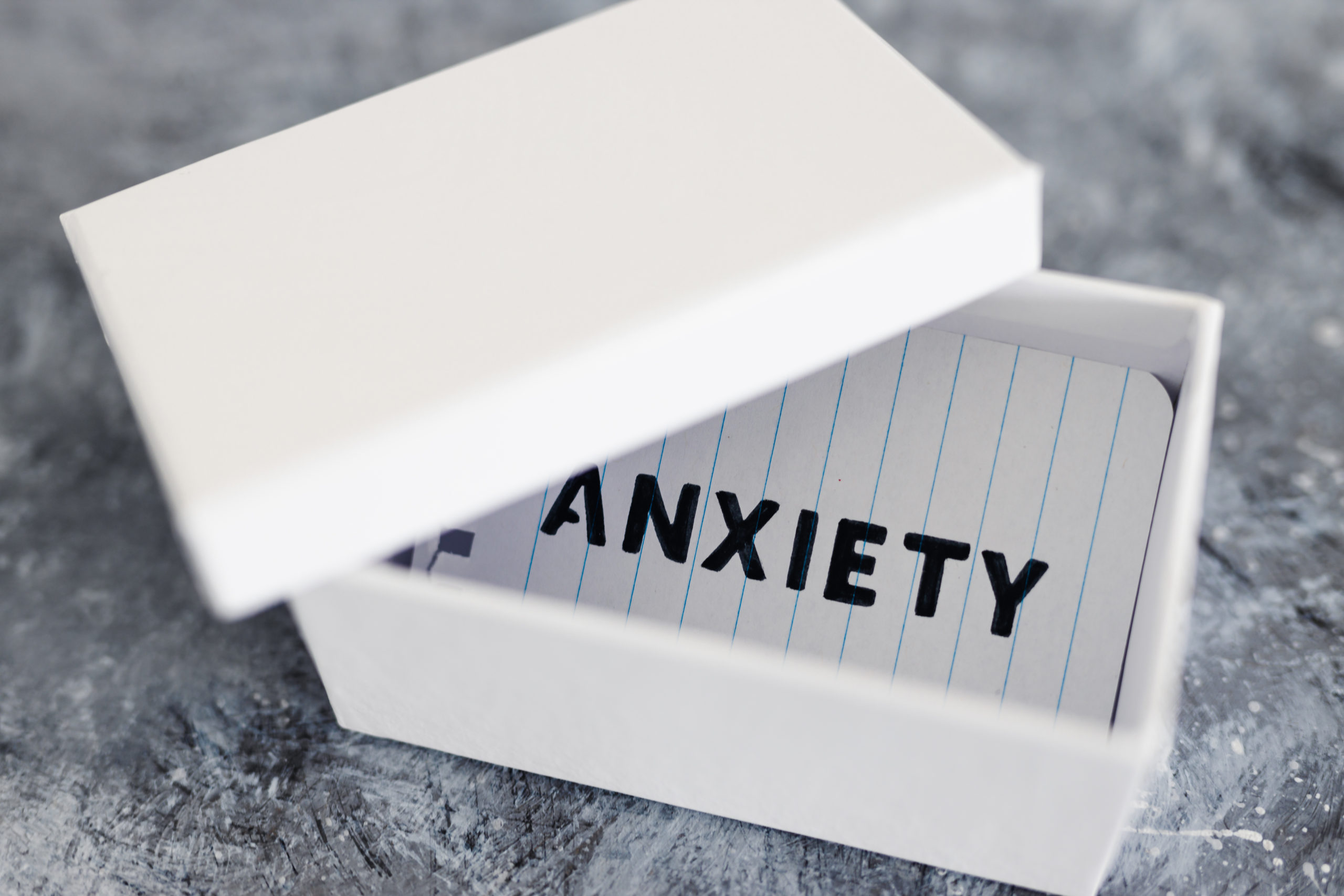








This was a great read. I don’t know what I’d do without my diffuser it helps big time on those stressful days.